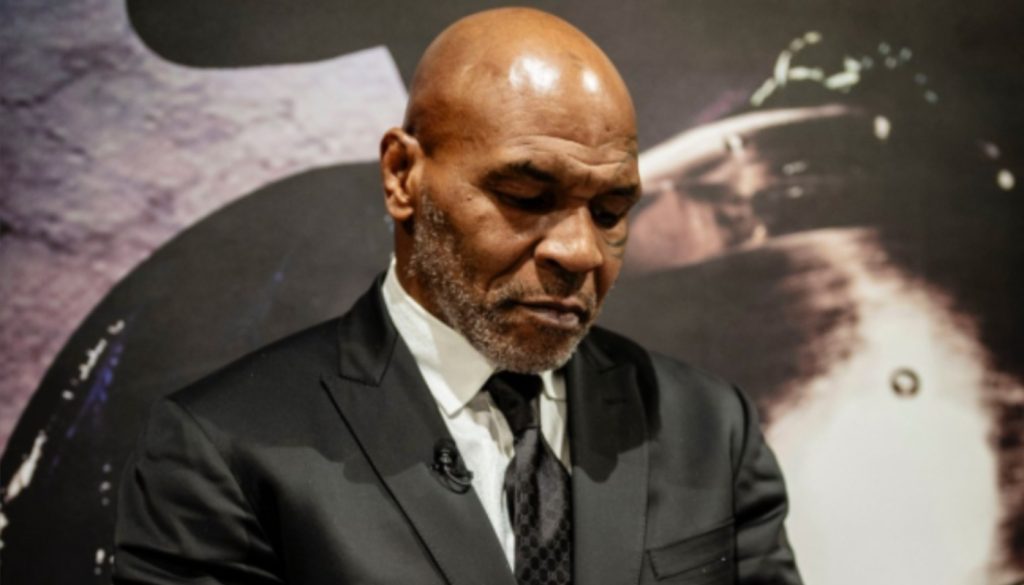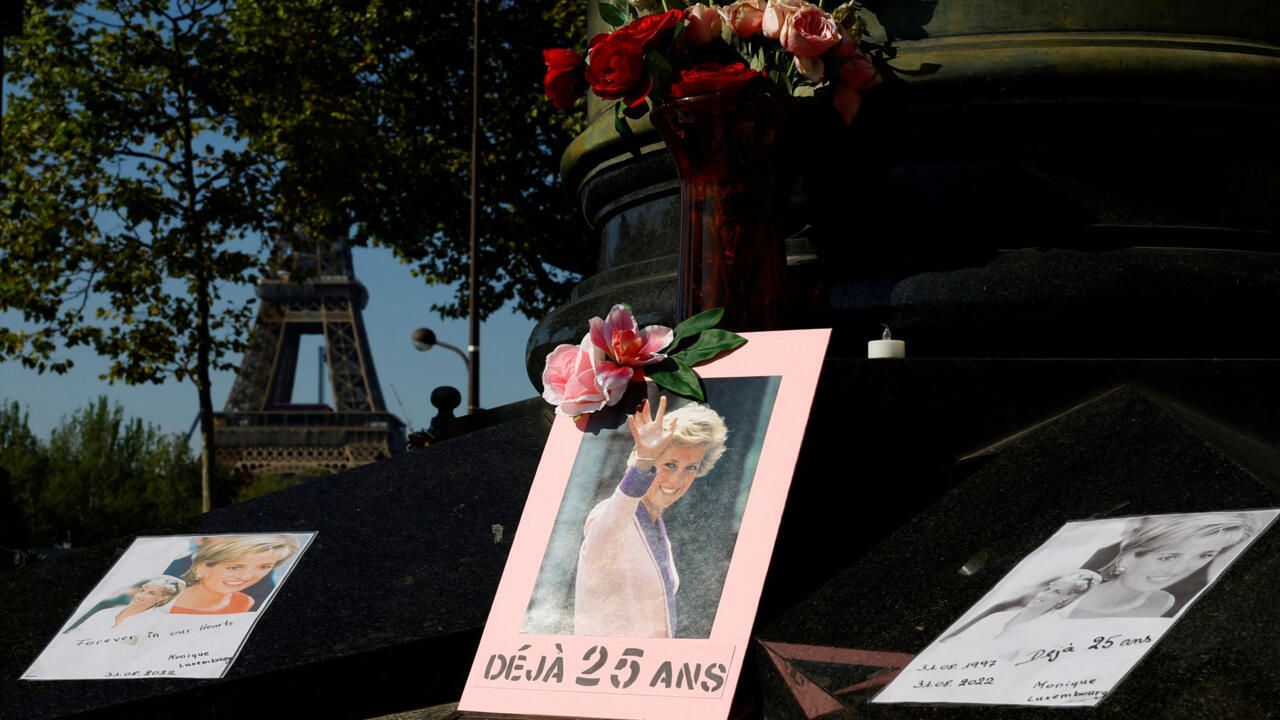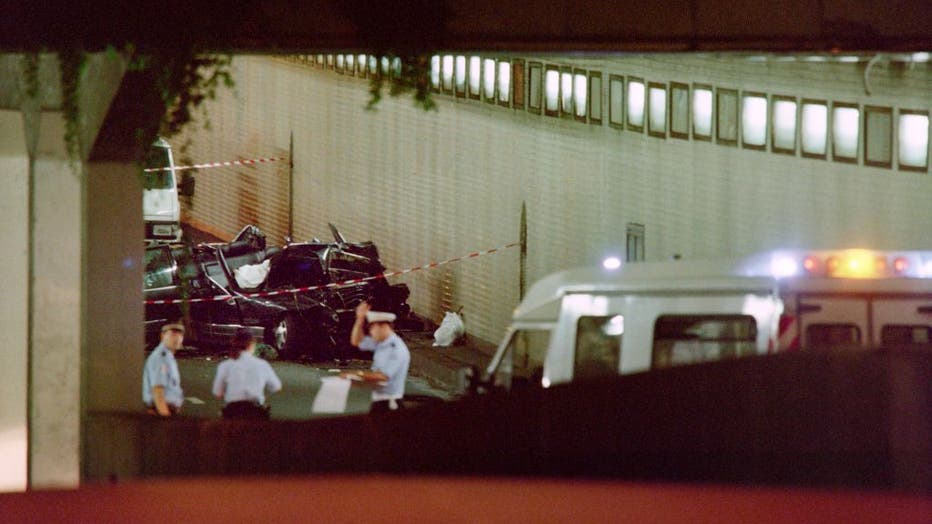Mike Tyson Opens His Heart Before Jake Paul Fight: “I Wouldn’t Wish My Life on Anybody”
For decades, Mike Tyson has been one of the most feared and fascinating figures in boxing history. His name evokes memories of devastating knockouts, championship belts, and a turbulent life outside the ring. Now, at 58 years old, Tyson is preparing for what he calls his “final walk” to the squared circle — a much-hyped showdown against YouTuber-turned-fighter
A Fighter at Peace Before One More Battle
Tyson hasn’t fought professionally since June 2005, when he lost to journeyman Kevin McBride. That night, despite being ahead on the scorecards, he quit on his stool, admitting afterward that his heart was no longer in the sport. It was the third stoppage defeat in his final four contests, following losses to Danny Williams and Lennox Lewis.
Nineteen years later, Tyson is coming back — not just to fight, but to close a chapter of his life. He’s promised a brutal knockout of Jake Paul, yet his words show a man reflecting deeply on a journey that took him from unimaginable heights to crushing lows.

“I Don’t Wish My Life on Anyone”
When asked about winning the heavyweight title at just 20 years old — a record that still stands — Tyson’s response was striking. “I don’t wish that on no one,” he said. “I don’t wish my life on no one, as a whole. I wanted it all. I wanted to be the biggest fighter in the history of life. That’s what Cus [D’Amato] put in my mind.”
But that ambition came at a cost. Tyson spoke candidly about the shame and embarrassment he felt late in his career. “I was just escaping,” he admitted. “Wanting to die, wanting to kill myself and all that crazy stuff. I just had too much in me. I had too much left in me. I wanted to do something else, and I think my ego had a bit of influence. ‘I can still do this, let me do this, let me go into movies, let me do this, let me do that.’”
Beyond the Ring
Despite starring in films, appearing on Broadway, and carving out a successful public persona in retirement, Tyson confessed nothing compares to boxing. “All the stuff I succeeded in… it’s nothing like fighting. I don’t care how much money they offer you. I’d rather fight for free than get paid for a Hollywood gig. It’s not the same.”
These words are not simply nostalgia. They reveal a man who has battled demons — depression, addiction, and public scandal — and come out the other side with perspective, if not all the answers.

One Last Fight, One Last Statement
As Tyson prepares for his fight with Jake Paul, his promise of a knockout sounds less like a threat and more like a declaration of self. This fight is not about belts or records; it’s about closure. It’s about a man who rose, fell, and rose again, now stepping back into the arena that defined him, one last time, on his own terms.
In his own words, he wouldn’t wish his life on anyone. But on the eve of his return, it’s clear that Mike Tyson has finally made peace with it — and perhaps that’s his greatest victory of all.
“My God, What’s Happened?” – Princess Diana’s Final Words Still Haunt the World


On the night of August 31st, 1997, history stopped. The world awoke to devastating news from Paris: Princess Diana, the radiant “People’s Princess,” had been fatally injured in a car crash inside the Pont de l’Alma tunnel. She was only
The tragedy has been analyzed for decades, with countless documentaries, investigations, and conspiracy theories. Yet amid the noise, one story remains deeply personal, profoundly human, and almost unbearably heartbreaking: the account of
The Crash That Shook the Globe
Diana was being driven in a black Mercedes-Benz, alongside her companion Dodi Fayed and driver Henri Paul, as they tried desperately to escape paparazzi. The car lost control at high speed, colliding with the 13th pillar of the tunnel.
Henri Paul and Dodi Fayed were killed instantly. Diana, however, was alive — gravely injured, but conscious.
As sirens cut through the Paris night, firefighter Xavier Gourmelon approached the wreckage. Inside, amid twisted metal and shattered glass, lay the most photographed woman in the world — unrecognizable in that moment, simply another human fighting for life.
“My God, What’s Happened?”
Gourmelon later revealed that as he reached for her hand to check her pulse, Diana looked directly at him and whispered softly:
“My God, what’s happened?”
They would be the last words she ever spoke.
Seconds later, her heart stopped.
A Firefighter’s Desperate Attempt
Years of training took over. Gourmelon began CPR, pumping her chest with urgency, clinging to hope. Against all odds, her heart restarted. She began breathing again.
“She was alive when we placed her into the ambulance,” Gourmelon recalled, “and in that moment, I truly thought she would survive.”
At the time, he had no idea who she was. “It was only once she was in the ambulance,” he explained, “that a paramedic whispered, ‘That was Princess Diana.’ I was stunned. I hadn’t recognized her.”
A Fragile, Human Moment
Despite the firefighter’s heroic efforts, Diana’s injuries were too severe. She was taken to La Pitié-Salpêtrière Hospital, where she died hours later.
To Gourmelon, a man hardened by years of emergencies, that night never faded. “That question —
More Than a Princess
For millions, Diana was more than a royal figure. She was a humanitarian who touched AIDS patients when few dared to. She walked across minefields to raise awareness for victims of war. She hugged the sick, the lonely, the forgotten — and made them feel seen.
But above all, she was a mother. To William and Harry, she was the steady force who tried to give them childhoods as normal as possible, despite the glare of the crown.
That her last words were spoken not to a family member, not to a royal aide, but to a stranger in uniform — a firefighter — somehow feels fitting. Diana lived her life connecting with ordinary people. And in death, she shared her final breath with one.
The Echo of Diana’s Voice
Even today, decades later, Diana’s final words resonate like a whisper across history. They remind us that behind the glamour, the fame, the tabloids, she was simply a woman — vulnerable, frightened, and tragically mortal.
“My God, what’s happened?” was not just a cry of confusion. It was the voice of a young mother who didn’t want to leave her children. The voice of a woman who had endured unimaginable public pressure and was still fighting to live.
A Legacy That Endures
Her passing sparked not only global grief but also a reckoning for the monarchy. For days, the Queen remained silent at Balmoral, a decision that nearly fractured the royal family’s bond with the people. It was only after a rare televised address — and the sight of the Queen bowing her head before Diana’s coffin — that the crisis eased.
Today, Diana’s memory burns bright through her sons. Prince William and Prince Harry often speak of her compassion, her courage, and her refusal to follow tradition blindly. Her influence is visible in their own charitable work — from mental health advocacy to veterans’ support.
Her humanitarian legacy, her warmth, and yes, even her vulnerability, redefined what it meant to be royal in the modern age.
A Final Reminder
Diana’s last words, whispered in the chaos of a Paris tunnel, were not scripted or polished. They were not regal proclamations. They were human — confused, fearful, raw.
Perhaps that is why they matter so deeply. They remind us that Diana was not untouchable, not a myth or a marble statue. She was flesh and blood. She laughed, she loved, she hurt. And she left the world far too soon.
To this day, that whisper — “My God, what’s happened?” — is less a question than a haunting reminder. A reminder of fragility. A reminder of loss. And above all, a reminder of why the world will never forget Diana, Princess of Wales — the People’s Princess.









